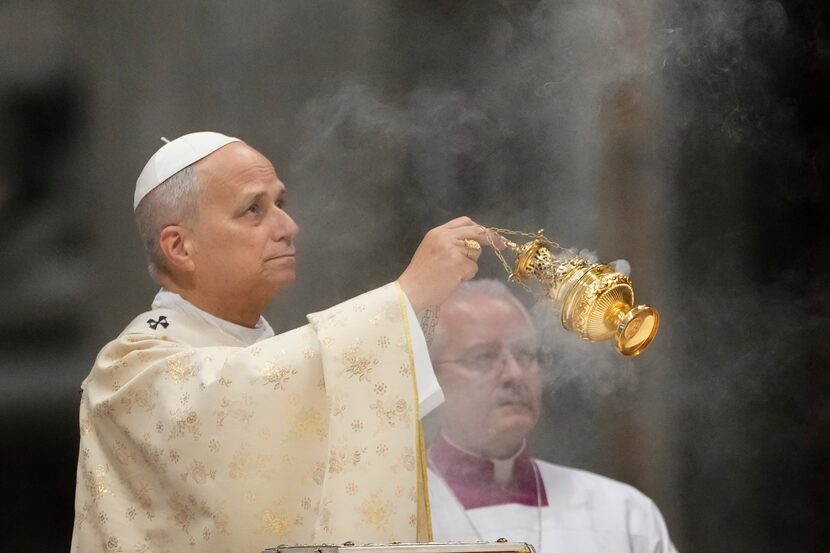The budget impasse in Pennsylvania has now exceeded three months, raising concerns among citizens and political observers alike. The General Assembly faces scrutiny over its failure to complete a fundamental budget-preparation responsibility that should have been finalized by the June 30 deadline. As frustrations mount, some residents are calling for lawmakers who cannot fulfill their duties to resign, suggesting that more responsible individuals should take their place.
The lack of action has prompted comparisons with other states, particularly Minnesota, where bipartisan cooperation has taken root. In Minnesota, both Democratic and Republican legislators have formed a “Civility Caucus,” aimed at bridging the partisan divide and facilitating progress. This initiative has garnered attention from lawmakers in states like Arkansas and Kansas, who are beginning to adopt similar strategies to foster collaboration.
Senator Jamie Scott, a Democrat from Arkansas, has emphasized the importance of bipartisanship, highlighting her partnership with Republican Senator Breanne Davis. Together, they co-chair their state’s Future Caucus chapter, which focuses on engaging younger legislators from both parties to work towards common goals. According to a Wall Street Journal article published last month, this approach aims to dissolve partisan barriers and encourage constructive dialogue.
In Kansas, Democratic Representative Brandon Woodard and Republican Senator Tory Marie Blew have established their own Future Caucus chapter. Their camaraderie is evident, with Blew noting their close relationship despite stark political differences. “We’re starting a movement that you can interact with the people across the aisle — they’re not the devil,” Blew remarked, illustrating the potential for meaningful collaboration.
Contrasting this spirit of cooperation, Pennsylvania’s political landscape remains stagnant. Observers from both parties have pointed out that no single issue appears to obstruct the adoption of a budget. Meanwhile, local governments, educational institutions, and nonprofit organizations are experiencing increasing financial strain, raising the stakes for timely legislative action.
The situation is particularly disheartening for a state that played a crucial role in the founding of the United States. Pennsylvania, known for its historical significance and its connection to the Liberty Bell, is now struggling to achieve compromise on a matter of great importance. The inability of lawmakers to reach a consensus reflects poorly on their commitment to the constituents they represent.
As the budget stalemate continues, the urgency for resolution becomes increasingly critical. Without decisive action, the future of numerous organizations and services across Pennsylvania remains uncertain. The state’s legislators must reflect on the implications of their inaction and consider the benefits of collaboration, drawing inspiration from their counterparts in Minnesota, Arkansas, and Kansas. Only then can they hope to restore faith in their ability to govern effectively.







